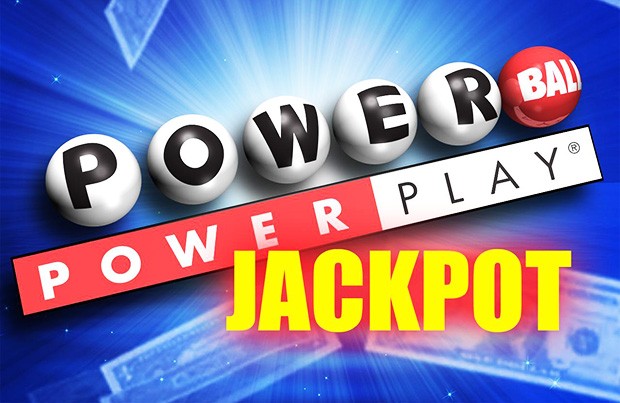The Powerball lottery: why do we throw money at 1-292 million odds?

Last night, Powerball revealed three winners of what the Washington Post describes as "the biggest lottery jackpot drawing in the history of the game."
The likelihood of winning was 1 in 292 million, yet hopefuls rallied till the last minute for a chance at the estimated $1.6 billion (USD) pot.
We asked Sylvia Kairouz, an associate professor with Concordia's Department of Sociology and Anthropology and director of the Lifestyle and Addiction Research Lab, to explain why rollover jackpots attract more and more people — even though the odds don't get any better.
Why are so many of us attracted to lotteries, in spite the infinitesimal chance of winning?
Sylvia Kairouz: Marketing! The idea of “what if,” and that if you don’t play you, you can’t win.
A major predictor of lottery play is the extent of lottery gambling amongst players' own friends and family.
These are some of the common factors that also favour participation:
- Fantasizing about winning the lottery
- Relatively cheap to play
- Generally seen as a socially acceptable form of gambling
- Probabilities of winning are so infinitesimal they become irrelevant
- Social aspects: players like to discuss topics such as number selection strategies or what they would do with the money if they ever won the jackpot prize
Participation can be accredited to irrational thinking patterns, such as:
- Misunderstanding of lottery odds
- Gambler's fallacy
- Cognitive entrapment
- Belief in hot and cold numbers
- Unrealistic optimism
- A belief in personal luck
- Superstitious thinking
- The illusion of control
- The erroneous perception of near misses
- A susceptibility to prize size
- Rollover effects
Is the bottom line "the bigger the pot, the more people jump in"? Or is the psychology more complex than that?
SK: Rollover lotteries attract proportionally more spending each time they occur.
Regular lottery players spend more, and individuals who don’t usually play start to participate. People can be attracted by the bigger prize each time.
In the case of rollover, media coverage increases. As a result, people are reminded to buy and are more motivated.
The lack of a winner in the preceding week(s) creates the erroneous assumption that, as chance is self-correcting, everyone has a greater probability of winning it this week. This is a type of gambler's fallacy that has been termed the "rollover effect."
Find out more about Concordia's Lifestyle and Addiction Research Lab.
Sylvia Kairouz's sources as available at Concordia's libraries:
— Browne, Beverly A. & Brown, Daniel J. (1994) Predictors of lottery gambling among American college students. Journal of Social Psychology, 134, 339-347.
— Coups, E. J., Haddock, G., & Webley, P. (1998). Correlates and predictors of National Lottery play in the United Kingdom. Journal of Gambling Studies, 14, 285-303.
— Griffiths, M., & Wood, R. (2001). The psychology of lottery gambling. International gambling studies, 1(1), 27-45
— Rogers, P. (1998). The cognitive psychology of lottery gambling: A theoretical review. Journal of Gambling Studies, 14(2), 111-134.
— Rogers, P., and Webley, P. (2001). It could be us! A cognitive and social psychology analysis of National Lottery Play in the UK. Applied Psychology, 50, 181-199.